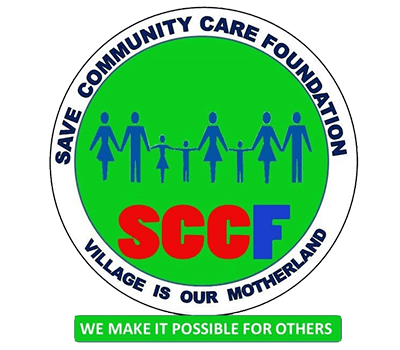Sylvanus Olympio

LIFE
Sylvanus Olympio was born on 6 September 1902 in Kpando in German Togo: this part of the territory resulting from the division of the German colony between France and the United Kingdom after the defeat of Germany in the First World War will return to the British administration and will be annexed to Ghana during the independence.
His father, Epiphanio Elpidio Olympio (1873-1968), was a very wealthy merchant and coconut farmer, born to a Yoruba woman, Nigerian princess of Abéokuta, and Francisco da Silva Olympio, Brazilian; he recovered the slaves established in Agoué with the aim of raising them. Sylvanus’s mother, Fidélia Afe (1862-1967), was from the Mamprusi ethnic group from the Dapaong region of northern Togo. The Olympios, the founding family of Togo, are today considered one of the richest and most powerful families in West Africa.
PRIME MINISTER TOGO
In April 1958, during the legislative elections, the Togolese voters voted by an overwhelming majority for the separatists of the Togo Unity Committee. Sylvanus Olympio is amnestied by the National Assembly of the Autonomous Republic of Togo outside the polls, and is appointed its prime minister. In September 1958, Charles de Gaulle returns to power.
It redefines the framework of the French Community, after a referendum to grant a little more freedom to the people within the French colonies in Africa. Sylvanus Olympio, while not feeling worried by the clauses of this referendum, goes to Paris to meet him, and on his return to Togo begins the process of independence of the country.
Annoyed by his behavior, General de Gaulle offered him immediate independence on April 27, 1958, but Sylvanus Olympio, not feeling up to him, managed to postpone it to April 27, 1960, after the approval of the UN authorities.
CEE
Sylvanus Olympio pursues a policy against the reunification of Ghana-Togo despite his ties to the Ewe people. He argues in favor of keeping Togo in the CFA franc zone, but asks for more flexibility to tie, for example, the Togolese (Togo Central Bank was founded in 1962) to the Deutsche Mark, which France rejects.
Olympio folds on the issue of money, but insist on maintaining a free Togolese market open to the international market. In March 1958, the Togolese Prime Minister sent a letter to the President of the EEC Commission, wishing to adhere to it pursuant to Article 238 of the Treaty establishing the European Economic Community to which Togo is associated as a French-speaking African country. This request reveals a determination on the part of Olympian not to subordinate himself to the French system. It does not wish to develop exclusive economic ties with its neighbors, giving them little trust.
TOGO
Once Togo’s independence is proclaimed on April 27, 1960, the first legislative and presidential elections take place on April 9 of the following year along with a constitutional referendum.
By putting an end to the multi-party system that had prevailed in the country until then, Olympio is not organizing elections of a democratic nature. As prime minister and interim head of state, he thus prevents a coalition of opposition parties composed of the Democratic Union of Togolese Peoples (UDPT) and Juvento from presenting their candidates. His Togolese Unity Party thus won all the seats in the total absence of opponents, while Olympio was elected president under the same conditions.
The new constitution that he had adopted the same day in a referendum made the country move from a parliamentary regime to a semi-presidential regime that gave it extended powers.




